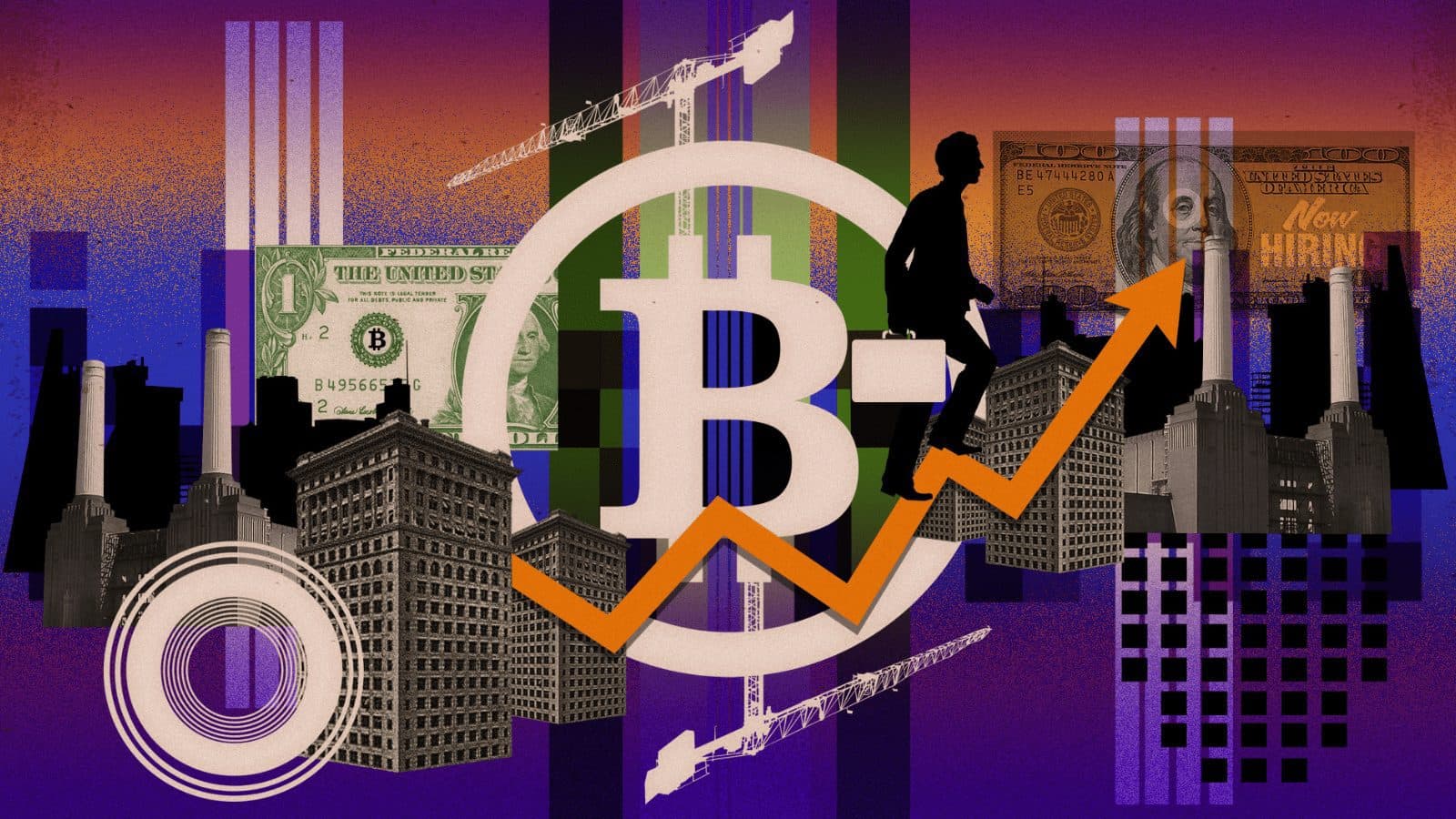The Crypto Hiring Boom Key for Mass Adoption
Crypto offers a “level of excitement that the banks can’t,” BlockTower Capital’s Michael Bucella says

Blockworks exclusive art by axel rangel
A recent trend in crypto hiring has confirmed an exodus of top talent from TradFi into the digital assets space that will surely spur mass adoption.
Meltem Demirors, chief strategy officer at digital asset investment firm Coinshares, spoke early last year of the likelihood of talent leaving TradFi: “Crypto is going to drain banks of their top talent.”
Demirors appears to have been correct. A survey carried out by executive search firm Heidrick & Struggles found that almost half of respondents had entered the crypto sector from investment banking.
Crypto companies have more money to spend with venture capital funding pouring into the sector. The digital assets arena is also expanding and has much greater depth when it comes to opportunities than heretofore through the development of Web3, decentralized finance, non-fungible tokens (NFTs) and blockchain-based gaming. Meanwhile, compensation at TradFi institutions is up considerably as they are now scrambling to compete for talent.
Coinbase alone plans on hiring 2,000 people in 2022. Data from LinkedIn demonstrated a 615% increase in job postings containing terms such as ‘blockchain’ or ‘crypto’ last August compared to the previous year.
Amid the backdrop of the great resignation, people have changed how they think about life and work, making competition between the TradFi (traditional finance) and digital asset sectors even more acute. It also means that compensation is not the sole factor.
According to David Duong — who recently left HSBC to head up institutional research at Coinbase — “It’s actually a career risk if I don’t move into this space.” He discounts compensation as the primary motivation and cites an emphasis on the relevance of what he actually works on as the most important factor.
As money and financial systems continue to evolve, we are witnessing a shift from TradFi to the digital assets space. Talented professionals in financial services want to work on relevant and cutting edge projects. As Michael Bucella of crypto investment firm BlockTower Capital put it recently, crypto “offers [a] level of excitement that the banks can’t.” Bucella exited Goldman Sachs for BlockTower in 2017.
Crypto market maker GSR is a good example of the Cambrian explosion that’s happening in crypto and manifesting itself in the wealth of opportunities that the company is now offering. GSR is hiring for 100 open roles in London, New York, Singapore and Zug. Earlier this year John MacDonald, former managing director and chief technology officer at Citadel Securities in Europe, joined GSR as its CTO to drive the firm’s technology strategy.
The talent drain is not exclusive to banking. These roles span a myriad of functions including compliance, finance, legal, risk management, sales, software engineering, DevOps and enterprise technology and security.
GSR’s Michael Bressler late last year gave insight into even greater ambitions for the company, saying, “Our plan is to add 100 hires every six months for the next few years.”
The company’s intentions were certainly borne by its progress in 2021. While GSR started the year with a headcount of 60, the current team is now over 250.
Just like so many others that have made the transition, Bressler is a veteran of traditional finance, having worked for JPMorgan and Goldman Sachs previously. GSR’s global head of sales revealed what the company values most in new crypto hires: “A passion for crypto.”
Hiring is not confined to pure crypto startups either. Many of the companies in TradFi and fintech are also adding staff for newly created crypto units and projects. Having opened a crypto and blockchain business unit in 2021, PayPal has followed up by hiring 100 crypto experts. Payments company Stripe is diving back into crypto following a previous foray into the sector between 2014 and 2018.
Amid what can only be described as a crypto recruiting frenzy, and with crypto and traditional industry leaders announcing blockchain-based products, it’s only a matter of time before the adoption of cryptocurrency becomes a global standard across industries.
This content is sponsored by GSR.






